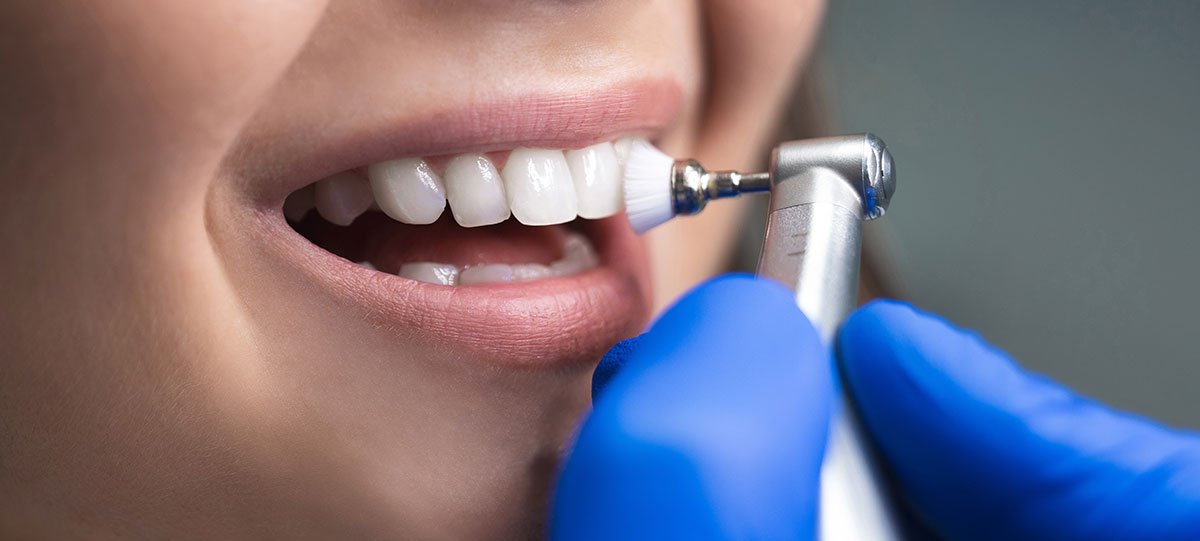In the quest for a dazzling smile and pristine oral health, many of us might unknowingly veer off the path to effective hygiene. It’s easy to fall into a routine, following familiar steps without ever truly evaluating their effectiveness.
But what if that routine isn’t cutting it? What if, despite your best efforts, you’re unwittingly undermining your own dental health? Fear not—there are clear signs that indicate your oral hygiene practices might be in desperate need of a makeover. In this article, we’ll unveil three unmistakable red flags that suggest your dental care routine could use some serious intervention.
And more importantly, we’ll arm you with practical solutions to elevate your oral hygiene game, ensuring your smile shines brighter than ever. Get ready to take control of your dental destiny!
You Experience Frequent Bad Breath

If you\’re frequently battling bad breath, it might be time to take a hard look at your oral hygiene routine. That persistent, unwelcome odor is not just an occasional nuisance; its a telltale sign that your mouth isnt as clean as it should be.
Perhaps you are skimping on brushing or neglecting to floss altogether, allowing food particles and bacteria to thrive. Alternatively, the issue could stem from dietary choices or dehydration, both of which contribute to a dry mouth—a breeding ground for foul-smelling bacteria.
So, don’t just mask the problem with mints; understand that consistent and thorough oral care is essential. Regular brushing, proper flossing, and staying hydrated are your best defenses against this social faux pas.
Remember, fresh breath is not only a matter of hygiene but also of confidence!
Your Gums Bleed When You Brush or Floss

If your gums bleed when you brush or floss, it’s more than just a little inconvenience; it’s a loud alarm signaling that something’s amiss with your oral hygiene routine. According to TannlegeTeam, a leading dental clinic in Oslo, healthy gums should not bleed during daily care; this may indicate gingivitis or more serious gum disease that needs immediate attention.
Often, this bleeding results from plaque buildup that irritates the gumsn an issue easily ignored in the chaos of daily life. But don’t brush it under the rug! It’s essential to evaluate not just your brushing technique, but also the tools you’re using and the frequency of your cleanings.
Make it a point to swap your toothbrush often, ensuring it’s soft-bristled and gentle on tender gums. And remember, regular dental check-ups can be your best ally in warding off deeper issues.
So, if you’re experiencing this symptom, it’s time to take action—your mouth will thank you for it!
Stains and Plaque Build-Up Are Obvious

One of the most glaring indicators that your oral hygiene routine is falling short is the unmistakable presence of stains and plaque build-up on your teeth. You might look in the mirror and cringe at the sight of coffee or tobacco stains stubbornly clinging to your enamel, or you may feel a rough texture on your teeth that can only mean one thing: plaque is setting up camp.
This unsightly residue not only diminishes your smiles sparkle but also fosters an environment ripe for cavities and gum disease. If you find yourself hiding your grin or running your tongue along your teeth only to feel that gritty, unsatisfying texture, it’s time to take a hard look at the products you’re using and the techniques you’re employing.
A thorough, multi-faceted approach—incorporating fluoride toothpaste, regular flossing, and perhaps even mouthwash—can turn that dental horror story into a tale of revitalization. Don’t let stains and plaque dictate your oral health; arm yourself with the right tools and vigilance, and reclaim your radiant smile.
Conclusion
In conclusion, maintaining optimal oral hygiene is crucial for overall health, and recognizing the signs that your routine may be lacking is the first step towards improvement. From inadequate brushing techniques to overlooked dietary habits, these indicators can help you identify areas needing attention.
By incorporating effective strategies, such as choosing the right dental products and possibly integrating helpful solutions like Dentavim, you can elevate your oral care practices. Remember, proactive measures not only lead to a brighter smile but also contribute significantly to your long-term wellbeing.
Make the necessary adjustments today for a healthier tomorrow!

